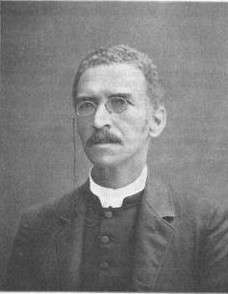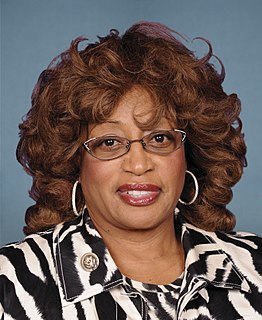A Quote by Francis James Grimke
. . . unless there comes to the Nation a greater emancipation than Lincoln's Proclamation effected, it is doomed, it is bound to go down.
Related Quotes
Lincoln has accepted America as a biracial society. He's talking about giving at least some black men the right to vote. In the Emancipation Proclamation he advises some blacks to labor faithfully for reasonable wages, here in the United States. He doesn't say anything about them leaving the country. He puts black men in the army. That is a whole different vision than simply saying "let's have them go out of the country." I think what's interesting is the change in Lincoln's view, but one must realize that he did adhere to this idea of colonization for many years.
More than 150 years after Lincoln's Emancipation Proclamation, slavery is illegal almost everywhere. But it is still not abolished - not even here, in the land of the free. On the contrary, there is a cancer of violence, a modern-day slavery growing in America by the day, in the very places where we live and work. It's called human trafficking.
The fact that an African American sits in the White House at the helm of government in the United States of America on this 150th anniversary of Abraham Lincoln's Emancipation Proclamation represents both phenomenal political symbolism and a victory of faith in democracy that should not be lost on any American.
The same thing that Uncle Tom did on the plantation before [Abe] Lincoln issued the so-called Emancipation Proclamation.I have no thinking on the matter. But he's teaching the black people to suffer peacefully, patiently, until the white man makes up his mind that you're a human being the same as he.
It is true that Mr. Lincoln signed the Emancipation Proclamation, after which there was a commitment to give 40 acres and a mule. That's where the argument, to this day, of reparations starts. We never got the 40 acres. We went all the way to Herbert Hoover, and we never got the 40 acres. We didn't get the mule. So we decided we'd ride this donkey as far as it would take us.































